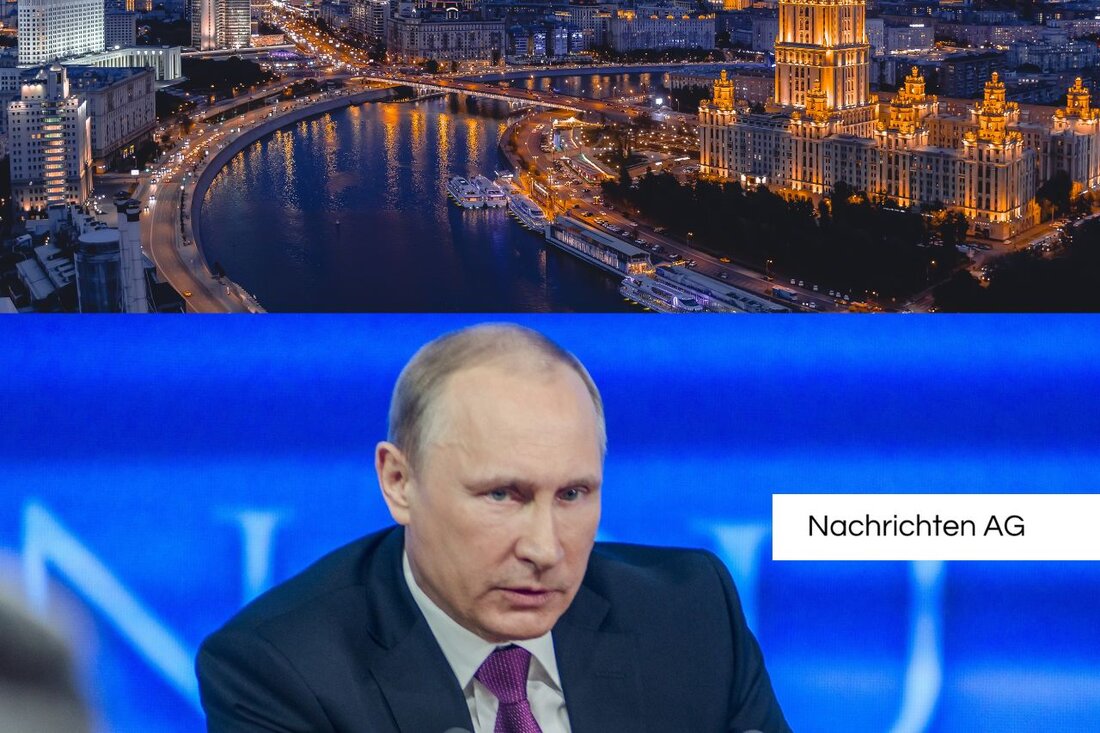Putin's secret plans: is Europe a new war ahead of?
Putin's secret plans: is Europe a new war ahead of?
The Estonian Defense Minister Hanno Pevkur recently warned that the threat to the West could increase after the end of the Ukraine War. This statement comes in a context in which the peace negotiations between Russia and Ukraine continue to progress only slowly under US mediation. The withdrawal of around 800,000 Russian soldiers seems unlikely, since experts assume that these troops will receive new tasks as part of an increased military presence.
Western secret services say that Russia could lay its troops to the borders of Finland and the Baltic States. This military infrastructure in Russia is already prepared for this possibility. According to the Thinktank International Institute for Strategic Studies (IISS), Russia could be able to challenge NATO allies until 2027, especially in the Baltic States.
Potential risks for the West
Bruno Kahl, President of the German Federal Intelligence Service, shares these worrying views and emphasizes that an early end of the war in Ukraine could enable Russia to use its resources specifically against Europe. Experts warn that the West should not show any weakness, because a concession, such as recognition of occupied areas, could be interpreted as a weakness. This could lead to a dangerous escalation.
In the worst case, a first confrontation between Russia and the western countries could occur in two years. These developments raise questions about the future of European security and the need for a stronger military and political unity.
The role of the EU in conflicts
As part of the European Security Strategy, the European Union (EU) has taken decisive steps since the 1990s to strengthen its foreign and security policy skills. The Maastricht Treaty in 1992 led to the establishment of a common foreign and security policy (GASP), which was later further expanded by the contract of Amsterdam 1997 and the contract of Lisbon in 2007.These developments enabled the EU to carry out military operations, such as the first military operation "Concordia" in Macedonia. Since then, the EU has launched over 30 GSVP missions-both civil and military-and uses a variety of instruments for conflict management.
The EU has established itself as an important player in global conflict management and does over 50% of global development cooperation. The introduction of European peace facility in 2021 to finance military training and arms deliveries is a further step in the evolution of the European security architecture.
With a GDP of $ 19.6 trillion and 446 million inhabitants, the EU has a strong interest in a stable political environment and free access to markets. The commitment of the EU to promote peace and democracy remains a central aspect of their politics, while at the same time the challenges that arise from the aggressive attitude of Russia are becoming increasingly pressing.
Overall, the current developments in Ukraine and within the EU illustrate how important a holistic approach to conflict management and peace promotion is to ensure long -term stability in the region. These geopolitical tensions require a clearly defined and united approach of the western countries to successfully master challenges.
For detailed information on the current developments and the background of EU foreign policy, visit the articles on Oe24 and BPB
| Details | |
|---|---|
| Ort | Finnland, Land |
| Quellen | |


Kommentare (0)